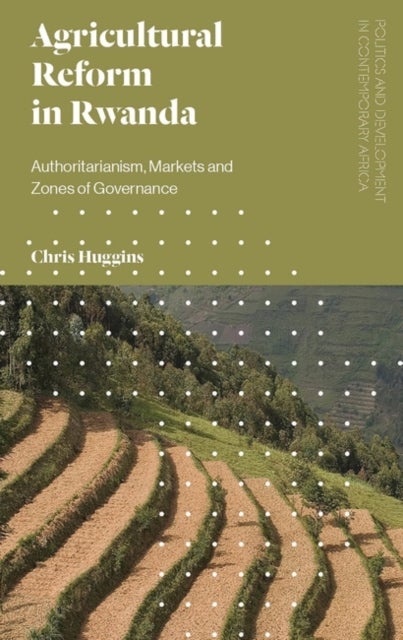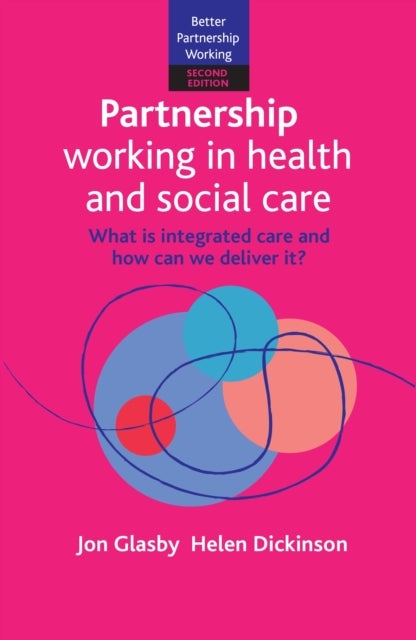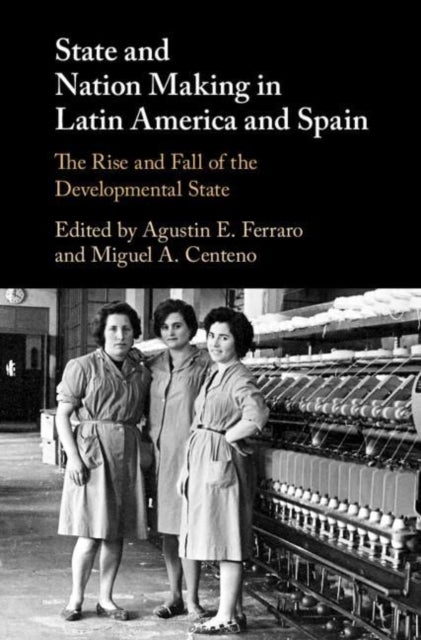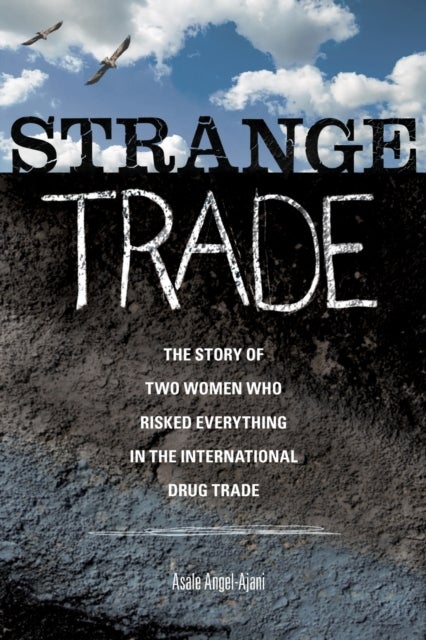
Agricultural Reform in Rwanda av Chris Huggins
349,-
<p>International observers have lauded Rwanda as an example of an African country taking control of its own development trajectory, and as a market-friendly destination for investment. A key component of this narrative has been an ambitious programme of agricultural reform, involving private firms, NGOs, and international charities. The Rwandan government claims these reforms have been a resounding success, tripling crop yields and helping to combat hunger. </p><p>Chris Huggins argues, however, that Rwanda’s liberal, modernising image sits poorly with the regime’s continuing authoritarian tendencies. Featuring in-depth case studies of the effects of agricultural reform in three different regions, and drawing on hundreds of interviews, Huggins shows that the much-vaunted ‘liberalization’ of agriculture has in fact depended on the coercion of Rwandan farmers, and in many cases has had a detrimental impact on their livelihoods.</p><p>With the Kagame regime now








